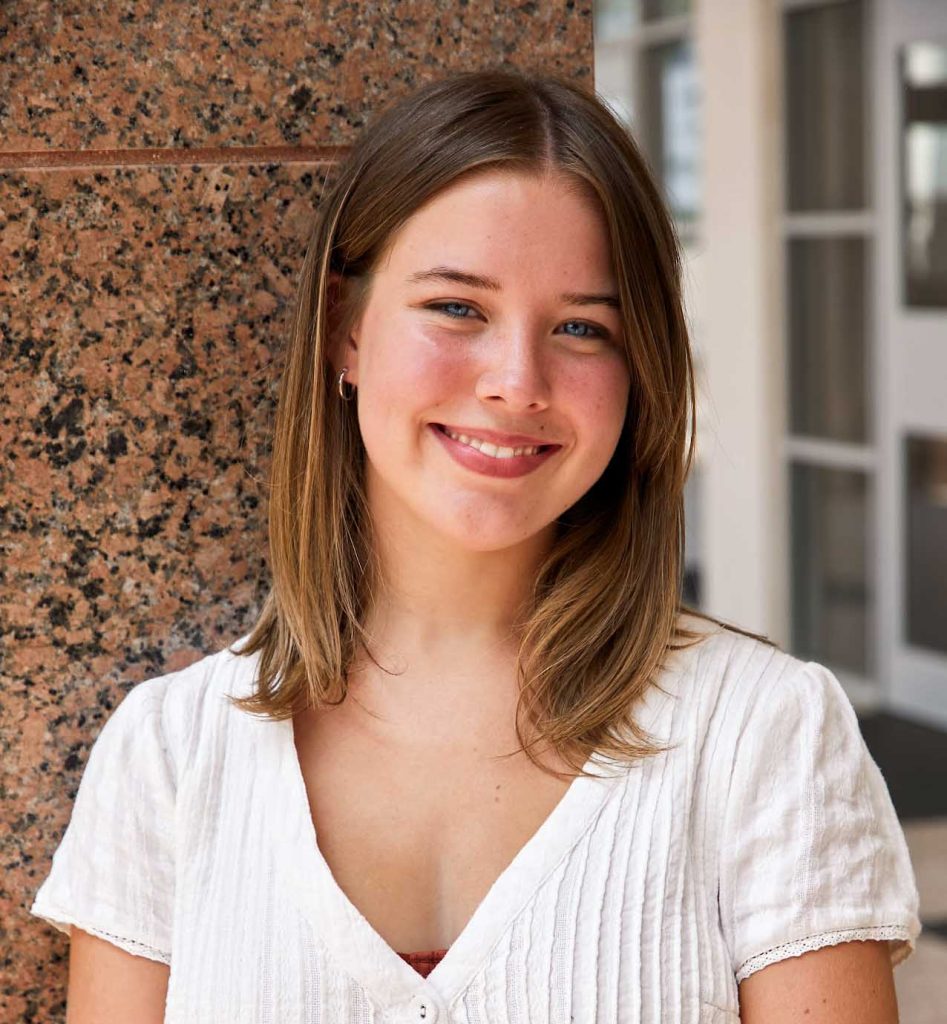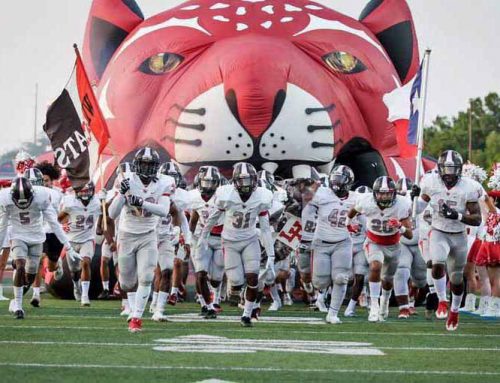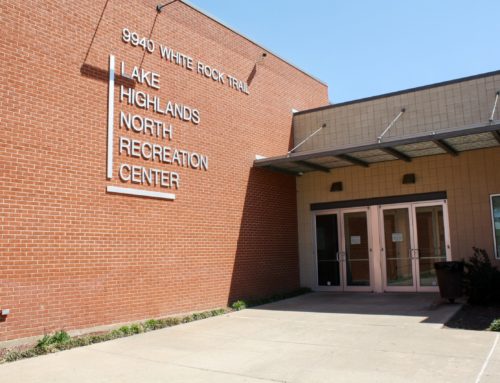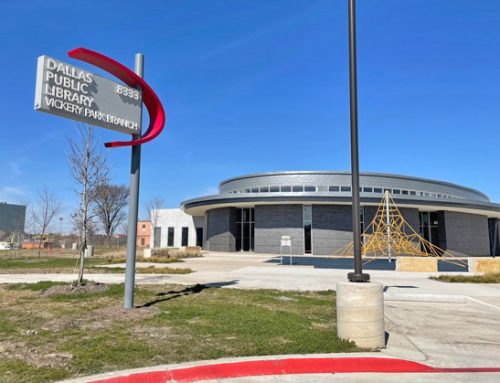Lake Highlands High School valedictorian Sara Shelton wasn’t planning to make a splashy, controversial speech at graduation the way Paxton Smith did last year. Smith’s valedictory address went viral after she abandoned her pre-approved remarks and shared her fears that Texas Senate Bill 8, also known as the Heartbeat Act, would lead to diminished access to reproductive rights for women around our state and across the country. Still, Shelton is disappointed at new restrictions placed on this year’s student speeches by Richardson ISD officials. Remarks delivered by the valedictorian, salutatorian, class president and class vice-president on graduation day have been pre-recorded. The kids won’t even be able to lead the pledge of allegiance on a live microphone.
“I’m not going to try to follow in Paxton’s footsteps,” Shelton explains. “If I were to go off-script at any point, I would have just expected them to cut the mic. That would have said more about what they believe than what I believe.”
Shelton, who earned a 106.14 grade point average and a perfect ACT score of 36, served as program chair and philanthropy chair of the National Charity League, vice-president of the National Honor Society and senior class treasurer. She played varsity tennis, founded the LHHS Young Democrats, mentored girls in STEM subjects and attended coding camp.
“I’ve been thinking since elementary school that I might get to speak at graduation, and it’s just sad. I’ve been waiting years to speak – it’s such a cool thing. I even asked if I could go up to the podium (live) and say thank you. They said no. Even our class vice president is introducing Ms. Jones, our principal, and they are making her pre-record it.”
Shelton considered refusing to deliver the speech – partly on moral grounds, and partly as a favor to audience members.
“Honestly, even I don’t want to listen to a recording of myself speak,” she laughs.
“I’m proud of Paxton for speaking up, and I agree with what she said,” Shelton explains. “I don’t think it’s her fault (the rules have changed for this year’s graduates). It just feels like the district cares more about how they look than celebrating how much we’ve accomplished. The teachers are still introducing the students (live). Ms. Jones is still speaking. It’s not a student event anymore.”
Shelton is sympathetic to Richardson ISD officials, who were thrown into the national spotlight when Smith’s speech was covered by global media, including CNN, NPR, BBC, The Guardian, People Magazine and Vogue. Over the past twelve months, Smith has finished her freshman year at the University of Texas, written a book with feminist lawyer Gloria Allred, received multiple awards and been treated like a celebrity at star-studded events.
Critics second-guessed RISD’s decision to let Smith continue her remarks, but Shelton believes she earned the right to deliver the valedictory address of her choosing. In fact, she says freedom of speech shouldn’t stop there.
“I believe every student has the right to speak their mind,” she says. “I know I’m very privileged to be able to speak at graduation, but many students have more to say than I do. There are students who have been in situations they should speak on. It would be a better look for the school and the district to allow kids to say they believe positive change can be beneficial.”
“This feels like the exact moment you shouldn’t censor students. It’s the moment to celebrate us,” continues Shelton. “It’s our moment. It’s not just that something has been taken away from the four of us – something has been taken from everyone in the auditorium. It changes the whole day for every school, not just LHHS. That may be the worst part – the other high schools have these restrictions, and it wasn’t even their student (who spoke out).”
Shelton says the issue is bigger than canned speeches at graduation. She calls it ironic that district officials aim to prepare students – especially seniors – to move independently into the world of college, workforce or military service, while restricting the voices of class leaders in their final moments on campus.
“In high school, we’re under a high level of control. We have a dress code to limit what we wear. We have different colored passes each day, just to go to the bathroom. They want students to take responsibility and do service hours and join clubs, but they don’t actually prepare us to make our own decisions.”
Like many of her classmates, Shelton is ready to move beyond hall passes and speech regulations to discover the big, wide world. She’ll study economics at Dartmouth, 1,700 miles away.
“My mom and I went on a road trip through New York and Boston over the summer, and I fell in love when I got on the campus in New Hampshire,” she recalls. “I’m not a super outdoorsy person, but I want to be. I think it’s nice to be secluded when you’re in college, and Dartmouth has just 8,000 kids including graduate students. It feels like a community.”
Dartmouth encourages students to pursue double majors – perfect for women like Shelton who are good at lots of different things – and they offer “first year trips” including camping and skiing, where Shelton looks forward to bonding with talented classmates from across the country. Classes begin September 1.
Shelton’s valedictory address has been recorded and is ready to play at graduation tomorrow/Saturday at 8 a.m. at Wildcat Stadium.






